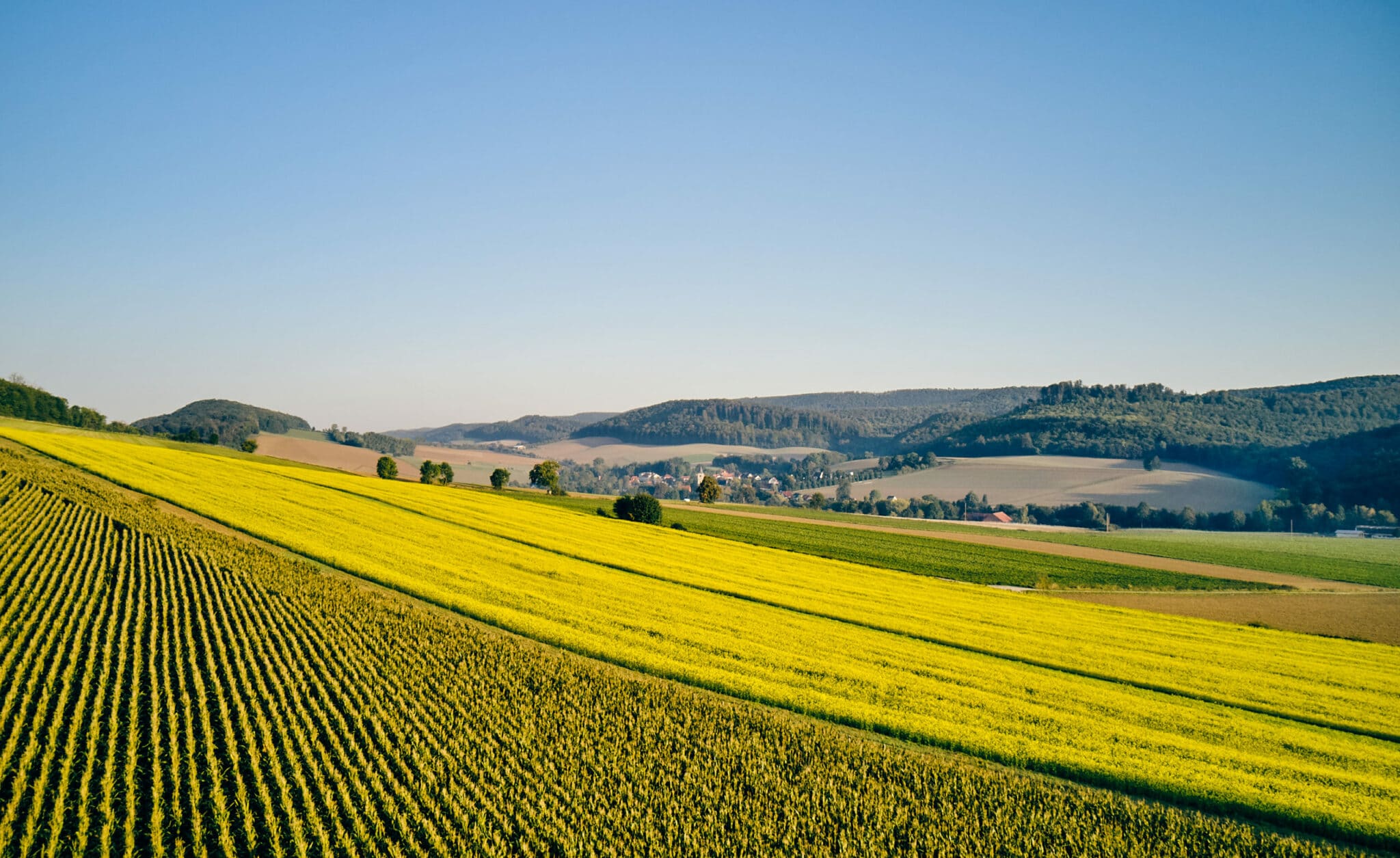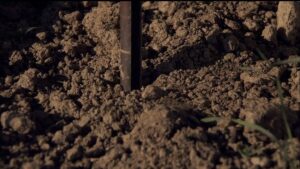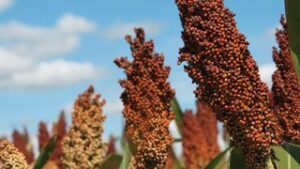The agricultural sector faces enormous challenges: It needs to produce enough food to feed a world population that, according to UN estimates, will have grown to 10 billion people by 2050. At the same time, the industry has to address climate change, protect biodiversity and reduce the use of pesticides and other agricultural resources. Innovative plant breeding can and will play a key role in successfully and sustainably meeting these challenges.
“We want to be a reliable partner for farmers and the entire agricultural value chain in the future as well,” says Spokesperson of the KWS Executive Board Dr. Hagen Duenbostel. “Our 2030 Sustainability Ambition helps us translate the demands placed on the agriculture industry to create a concrete roadmap for our company to deliver solutions as a seed specialist to support economically viable, ecologically durable and socially responsible farming.” Duenbostel also says: “New and adapted varieties contribute to reducing the use of pesticides, fertilizers and other farming resources while also achieving high, stable yields. In addition, KWS’s diverse and thriving portfolio makes an important contribution to supporting balanced crop rotation and biodiversity in crop production as well as to achieving a balanced, varied diet.”
“Our work has always focused on sustainability, but we have now taken the next step and defined a clear ambition with measurable targets that we want to achieve by 2030,” explains KWS Corporate Responsibility Manager Marcel Agena. “These targets define our future path and help us to reach the milestones along the way.”
As part of its Sustainability Ambition, KWS has formulated six core targets in the areas of “product impact” and “corporate responsibility.”
Sustainability targets for 2030 from the category “product impact”:
1) Realize an annual 1.5% increase in yield by
- Making progress in plant breeding
- Providing digital solutions to farmers on more than 6 million hectares of agricultural land
2) Limit the use of resources in agriculture by
- Investing more than 30% of the annual KWS research and development budget into reducing the use of resources
- Ensuring more than 25% of KWS varieties are suitable for low input agriculture
3) Enhance crop diversity by increasing the number of crops with targeted breeding programs from 24 to 27
4) Support a more sustainable diet by expanding KWS varieties suitable for direct human consumption to more than 40%
Sustainability targets for 2030 from the category “corporate responsibility”:
1) Improve the company’s operational footprint by
- Reducing scope 1 and scope 2 CO2 emissions by 50% by 2030; achieving a net-zero target by 2050
- Establish score cards to provide transparency on ecological footprint of all seed production sites
2) Foster the company’s social commitment by
- Investing at least 1% of annual EBIT (operating income) into global social projects
- Measuring and steadily increasing employee engagement
- Continuously declining the ration of occupational accidents/illness index
KWS will report on its progress in achieving these targets starting in 2022 with the publication of its annual sustainability report.












